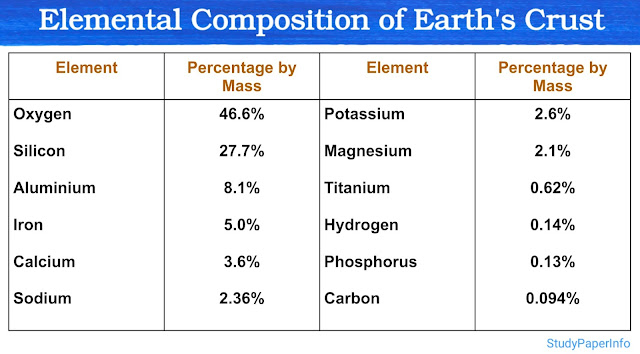What are CDKs?
Cyclin-dependent kinases (CDKs) are crucial regulatory enzymes that control the progression of the cell cycle. These kinases ensure that the cell moves through the various phases of the cell cycle at the right time and in a regulated manner. However, CDKs are inactive on their own. They must bind to specific proteins called cyclins to become active. Once activated, the CDK-cyclin complex can phosphorylate target proteins, which are necessary for key processes like DNA replication, mitosis and cell division.
Role of CDKs in the Cell Cycle:
1. Regulation of Cell Cycle Phases:
CDKs play a significant role in helping the cell transition smoothly between different stages of the cell cycle. For example, CDKs facilitate the transition from G1 to S phase, where DNA replication begins, and from G2 to M phase, where the cell prepares for mitosis.
2. DNA Replication:
During the G1 phase, CDKs activate essential proteins involved in DNA replication. This ensures that the DNA is accurately copied before the cell divides. If DNA replication is incomplete or faulty, the CDK-cyclin complexes can pause the cell cycle to allow repair processes to occur.
3. Mitosis and Cell Division:
CDKs are also involved in regulating the M phase of the cell cycle. They help activate proteins that control critical mitotic processes, such as chromosome condensation, spindle formation, and the separation of chromatids, ensuring proper cell division.
4. Cell Cycle Checkpoints:
CDKs are involved in checkpoint control, ensuring that the cell cycle only proceeds when it is safe. For instance, they prevent the cell from entering the M phase if DNA replication is not complete or if there is any DNA damage. If problems are detected, CDKs can activate repair mechanisms or induce cell death to prevent the division of damaged cells.


Comments
Post a Comment